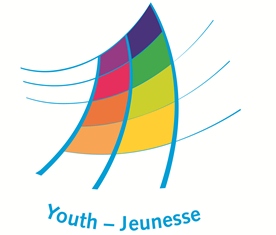Member states
 Measures member states can undertake:
Measures member states can undertake:
- Translate, publish and disseminate (in accessible formats) the text of the Recommendation and its user-friendly version in their national, regional and minority languages;
- Prepare strategies, plans or measures, based on the Guidelines adopted by the Joint Council on Youth, to disseminate and apply the measures contained in the Recommendation, notably in co-operation with youth organisations, local authorities and youth services, including youth centres;
- Support research and evidence finding about youth groups facing discriminatory practices on the grounds explicitly outlined in Article 14 of the European Convention on Human Rights or any other form identified in the case-law of the European Court of Human Rights, as well as obstacles to the right of young people to assemble peacefully and to freely form, join and be active in associations and trade unions;
- Promote the sharing of practices and exchange of experiences among partners and stakeholders at both national and European levels.
 Guidelines on improving young people’s access to rights
Guidelines on improving young people’s access to rights
Adopted by the Joint Council on Youth (CMJ) in October 2018, these Guidelines aim to support Council of Europe member states in their work with young people and their organisations to improve young people’s access to rights through the implementation of the measures proposed in the recommendation on young people’s access to rights.
The guidelines cover the following aspects:
- a rights-based approach;
- awareness raising of age-based discrimination;
- the prioritisation and implementation of measures and activities;
- a review of the implementation of the Recommendation.
The Guidelines propose measures and action not only for authorities but also for youth organisations.
 Below you will find information on member states' action
Below you will find information on member states' action
The information in this section has been provided by the CDEJ members and is their responsibility.

Belgium
Translation by the Flemish community of Recommendation CM/Rec (2016)7 of the Committee of Ministers to member States on young people's access to rights.

Czech Republic

Estonia

Hungary
Translation of Recommendation CM/Rec (2016)7 of the Committee of Ministers to member States on young people's access to rights.

Portugal

Russian Federation
Translation of Recommendation CM/Rec (2016)7 of the Committee of Ministers to member States on young people's access to rights.





